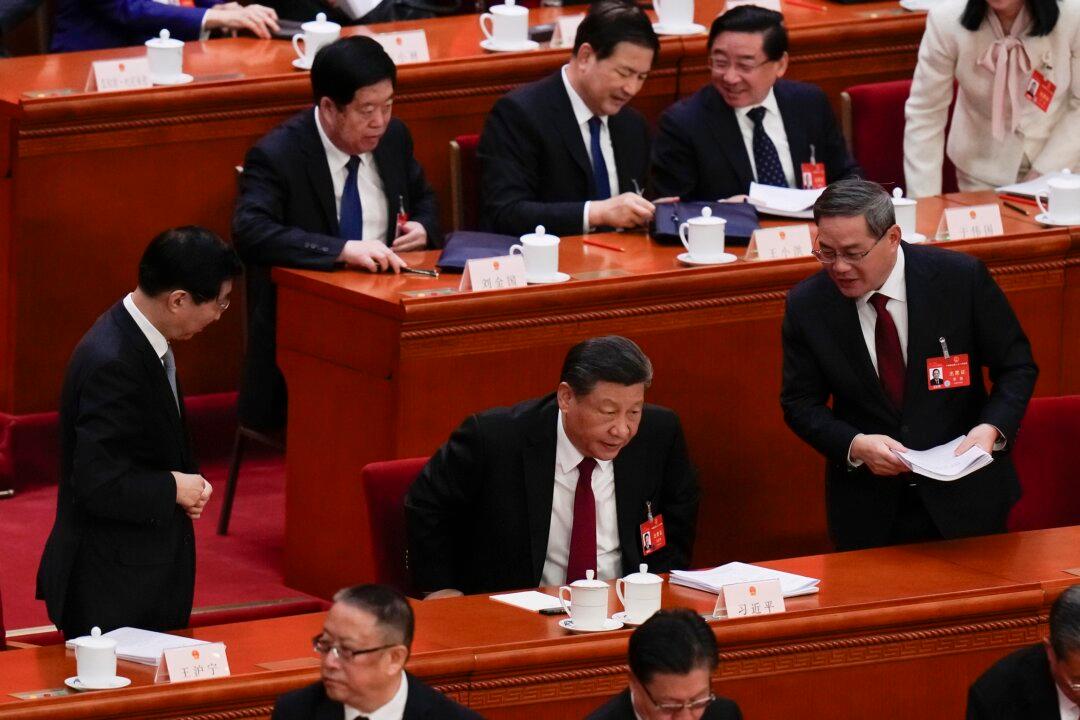Chinese state media touted its paramount leader Xi Jinping as “an outstanding reformer after Deng Xiaoping” in an article specifically targeting English-speaking audiences. Experts believe this is an insult to English readers and reflects Beijing’s forced adoption of propaganda as its last resort, aiming to attract foreign capital.
State mouthpiece Xinhua published a nearly 6,000-word article on March 12, proclaiming Xi “another outstanding reformer” after Deng.




